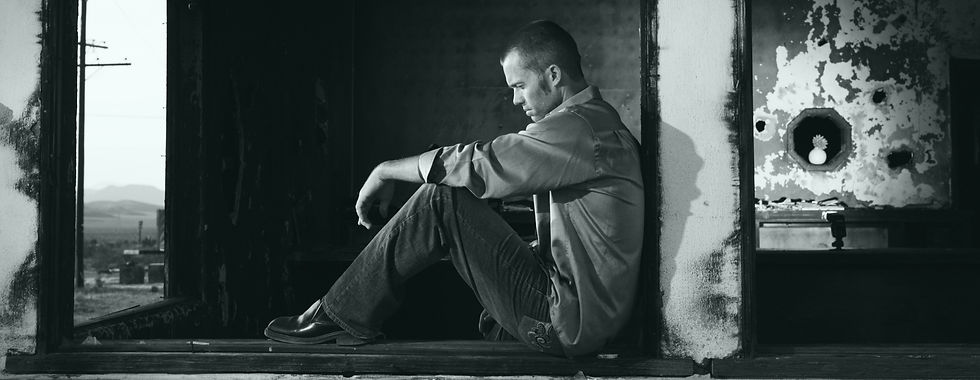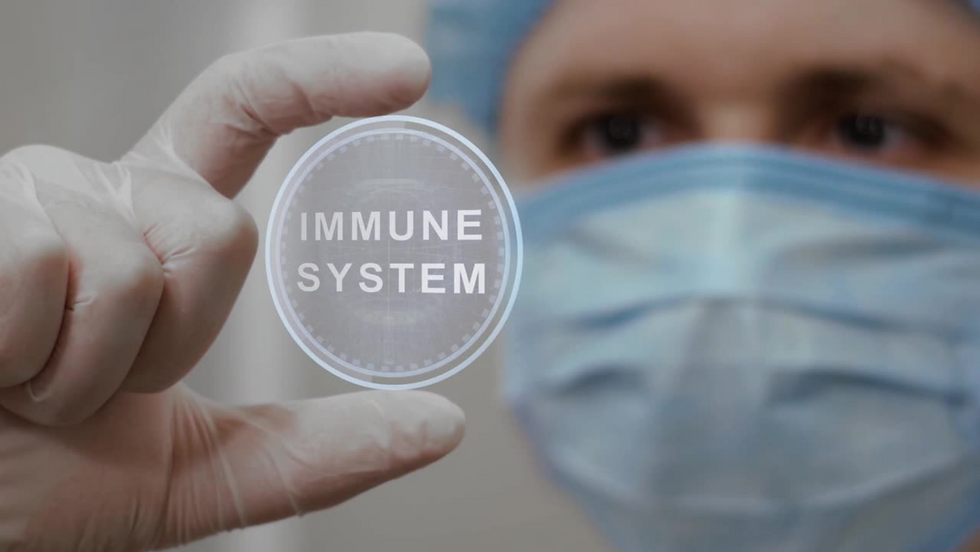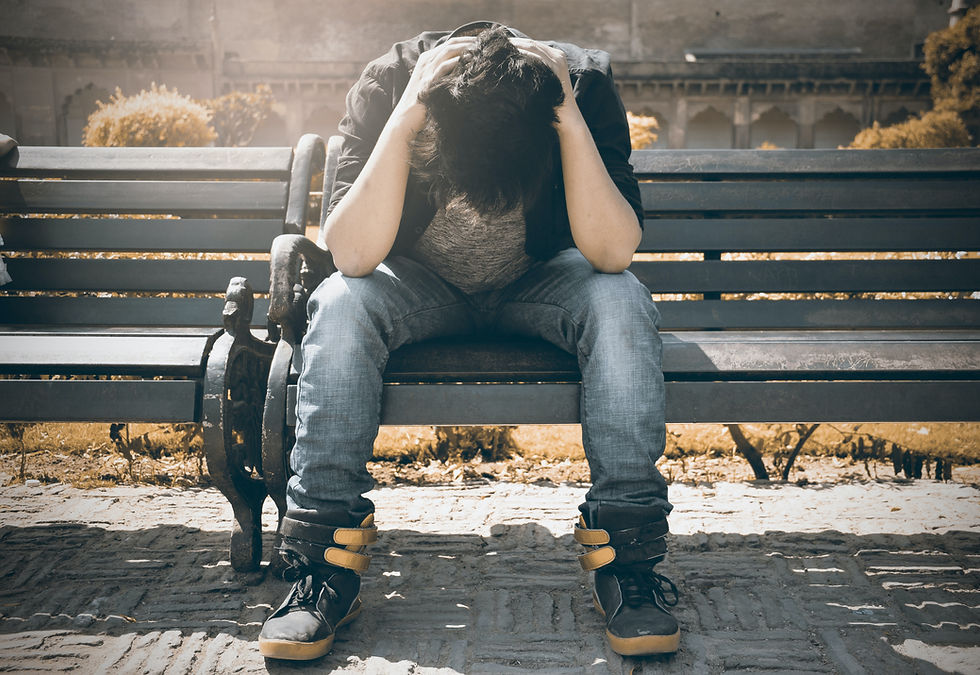What happens if I don't get enough sleep?
- Travel To Sleep
- Jul 23, 2022
- 4 min read
Updated: Aug 12, 2022
Sleep is important. So important, in fact, that scientists have found that people who don't get enough sleep are more likely to suffer from depression and anxiety. They're also more likely to be involved in car accidents or at work.

In this article, we'll take a look at what happens if you don't get enough sleep—and how you can fix it!
Higher risk of accidents while driving or at work
If you don’t get enough sleep, you could end up putting yourself, your family and friends, or even strangers at risk. If you are driving a car or operating heavy machinery while sleepy, you may make mistakes that can lead to an accident.

Sleep deprivation can also cause drowsiness and irritability—two things that are especially bad on the road. Drowsy driving has been linked to more than 100,000 injuries annually in the United States and has been blamed for 1 out of every 10 crashes today. An estimated 40 percent of fatal automobile accidents are caused by driver fatigue, according to the National Highway Traffic Safety Administration (NHTSA). And let's not forget about workplace accidents! The CDC says that they account for over 15 percent of all occupational illness cases each year in American workers—that’s one every 15 seconds!
Increased risk of high blood pressure, heart attack and stroke
The longer you go without enough sleep, the more your body will rebel.

Your blood pressure can increase, making you more likely to have a heart attack or stroke. A lack of sleep may also cause diabetes by altering the way your body processes sugar; it could also weaken your immune system and make it harder for you to fight off colds and other illnesses. You may experience difficulty learning new things, memory loss (even if it’s just forgetting where you put something), trouble concentrating or paying attention—which are all symptoms associated with ADHD (attention deficit hyperactivity disorder).
Diabetes

If you don't sleep well, the hormone insulin becomes less effective. Insulin is a hormone that helps your body use sugar for energy. It's released when you eat food, but it also makes its own schedule: if you don't eat enough food in the evening, your body will release less insulin around bedtime and this can lead to low blood glucose levels during the night.
This isn't good because your brain needs glucose (sugar) to function properly -- especially during sleep! Without sufficient glucose available from eating before bedtime, some people experience symptoms such as:
Headache
Hunger or thirst
Dizziness
Weakened immune system

If you don't get enough sleep, you might as well be handing out free passes to every disease and illness within a two-mile radius of your home. Why? Because when you’re exhausted, your immune system is weakened. And when your immune system is weakened, it doesn’t work as well. It also doesn't attack diseases in the same way that it would if it were at 100% capacity. So basically: If you don't get enough sleep and then get sick, chances are good that the flu will take over your body like zombies taking over a city full of people who aren't prepared for an attack by zombies.
Trouble learning, memory loss and difficulty concentrating or paying attention
When you don't get enough sleep, your brain doesn't function at its best. This can result in trouble learning and memory loss, difficulty concentrating or paying attention and feeling irritated. Those who are chronically sleep-deprived often report feeling like they're in a fog all day long—you might feel this way too! You may also experience:
Difficulty focusing
Being easily distracted
Lapses in judgment due to lack of concentration
Increased moodiness, stress and anxiety
Depression
You may be thinking, “Well I’m not depressed. I don’t want to be depressed." But depression is a sneaky beast. It can creep up on you when you least expect it, making itself known in the form of sudden moodiness and irritability.

Sleep deprivation can also lead to anxiety and low motivation; which are all symptoms of depression. The more frequently you miss out on quality rest, the easier it will be for these feelings of sadness or stress to come knocking at your door. If this happens regularly enough, then eventually those feelings may become part of who you are as an individual—which means missing out on sleep has the potential (in addition to being incredibly unpleasant) to lead directly toward developing clinical depression.
Mood swings
Trouble working and socializing with others
If you’re not getting enough sleep, you might find that your ability to work and socialize with others becomes difficult. You may have trouble concentrating, paying attention, learning new tasks or remembering things. Your mood can also change. It may seem as if everything is irritating and nothing is fun anymore; this can make it hard for people to be around you because they don't know what to say or do anymore since things aren't the same as before.

In addition to these problems, having a lack of sleep can cause trouble sleeping further down the line (leading back into this vicious cycle), which will only lead to more issues such as feeling tired during your waking hours each day – even though there's no time left for rest! This will eventually lead up into other serious health issues like heart attacks from too much stress on our hearts due simply from being awake 24/7 every single day without any relief whatsoever."
Decreased ability to fend off illness
Decreased ability to fend off illness
Effects on the immune system
You can improve your immune system by getting enough sleep, eating well and exercising regularly. Get more sleep by practicing good sleep habits such as avoiding heavy meals late at night or watching TV right before bedtime. If you're still struggling with insomnia after making changes to your routine, talk with your doctor about what options are available for you.
I know that most of us have trouble getting enough sleep. But the fact is, if you don’t get enough sleep on a regular basis, it can lead to serious health problems. It’s important to make sure that you get enough sleep so that your body can function properly and keep you healthy!












Comments